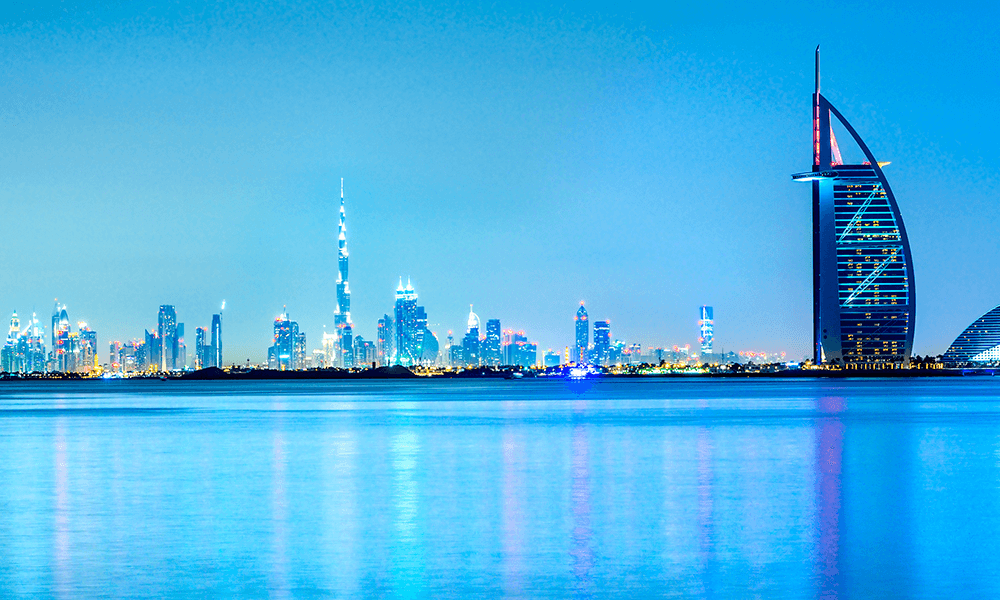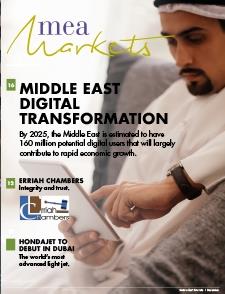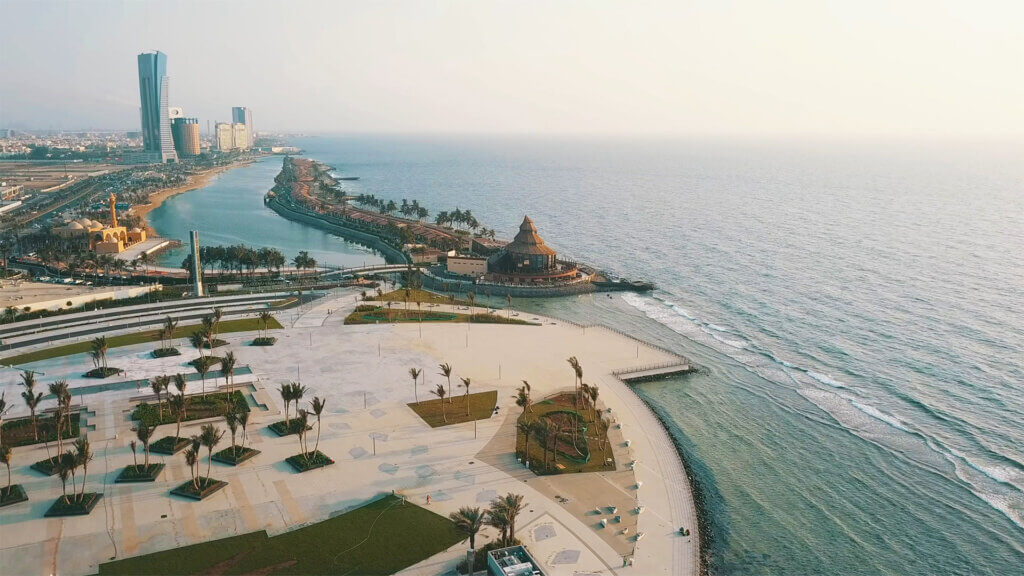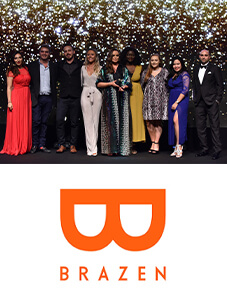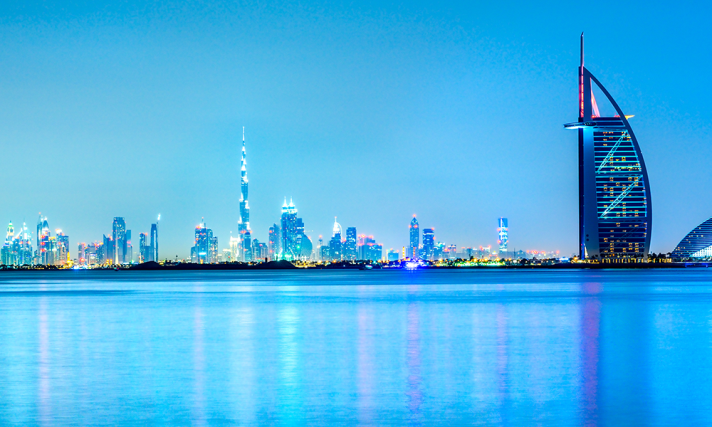
Dubai, UAE ‘ Dubai is among the most dynamic cities in the world, according to JLL’s City Momentum Index (CMI) 2017 report.
The annual CMI report looks at the fastest-changing cities around the globe, tracking the speed of their changing economy and commercial real estate market, whilst identifying hubs that have the most dynamic attributes over the short and long-term.
Placed at 11 in the global top 30, Dubai finished just behind Nairobi (10th) and London (6th) in the Europe, Middle East and Africa (EMEA) market. Top of the list went to the Indian powerhouse Bangalore, followed by Ho Chi Minh City, Silicon Valley, Shanghai and Hyderabad which completed the top five.
The Index covers 134 major established and emerging business hubs across the globe, and looks at the key ingredients of population, connectivity, technology and R&D, education, environment, real estate investment, property prices and economic output, among other areas.
Despite challenges and a world of heightened risk, the 2017 edition of JLL’s CMI highlights remarkable dynamism in major global cities, many of which are consistently outperforming their national economies.
‘The world’s most robust, agile and open cities are generating considerable momentum and energy, and are taking the lead in shaping our future landscape,’ said Craig Plumb, Head of Research at JLL MENA.
‘However, the world has become a riskier place since our last report. These disruptions are happening just as our cities are undergoing major structural change as the effects of globalisation, technological breakthroughs and rapid urbanisation combine to challenge the very fabric of our urban spaces.’
Dubai and Nairobi ‘ the urban stars of the Middle East and Africa
Middle Eastern and African cities have struggled to maintain momentum, with many hit by the slump in energy and commodity prices. The notable exception is Dubai which has re-appeared in the Global Top 30, having fallen outside the top group in the last couple of years. Nairobi is the star performer in Africa by a significant margin ‘ making its second consecutive appearance in the Global Top 30.
The Asia Pacific Century
The Asia Pacific region is home to more than half of the world’s 30 most dynamic cities and real estate markets (based on the CMI 2017). This is testament to the rise of Asia Pacific cities as major hubs of commerce and innovation.
There has, however, been a realignment within Asia Pacific, with India supplanting China as home to the region’s most dynamic cities:
‘ Bangalore tops the CMI 2017 for the first time, as one of the world’s premier technology hubs, supporting robust real estate demand. India’s Tier 1 megacities of Chennai (18th), Delhi (23rd) and Mumbai (25th) also feature in the Top 30, although their rankings are compromised by poor scores on environmental sustainability.
‘ While China no longer dominates the top ranks, it is nonetheless still well represented in the Top 30, with three Tier 1 cities featuring ‘ Shanghai (4th), Beijing (15th), Shenzhen (23rd), as well as the Yangtze River Delta cities of Hangzhou (26th) and Nanjing (29th).
Technology drives momentum, notably in the U.S.
Technology and innovation continue to be a major driver of momentum, from Silicon Valley to Nairobi (Silicon Savannah). Technology explains the strong presence of U.S. cities in the Global Top 30.
‘ Tech-rich New World Cities – Silicon Valley (3rd), Austin (7th), Boston (9th), Seattle (20th), San Francisco (21st) and Raleigh-Durham (24th) have among the world’s highest concentrations of technology companies
Europe’s cities offering longer-term sustainable momentum
As in previous editions of the CMI, European cities are not well represented among the Global Top 30, a reflection of their maturity and dynamics. Their strength lies in their longer-term sustainable momentum which appeals to investors and corporate occupiers.
Four European cities sit in the Global Top 30 ‘ London (6th), Paris (17th), Dublin (28th) and Stockholm (30th) round off the Top 30 representation from Europe.
The Missing World Cities from the CMI Top 30
Tokyo and Seoul, which were in the Top 20 in the CMI 2016, have fallen out of the top positions, ranking in the mid-30s. While Tokyo and Seoul finish in the top 10 on long-term momentum, both cities have disappointed on short-term economic and real estate momentum during 2016.
While Singapore and Hong Kong are among the world’s most competitive cities, neither city has made this year’s top 30 in terms of momentum:
‘ Singapore has failed to make the top-cut due to a continuing correction in office and retail rents, and sluggish net absorption
‘ Despite a strong 2016, Hong Kong lacks positive real estate momentum with office rents set to enter negative territory from 2017
This is the fourth edition of JLL’s City Momentum Index (CMI). The Index has been published annually since 2014.
